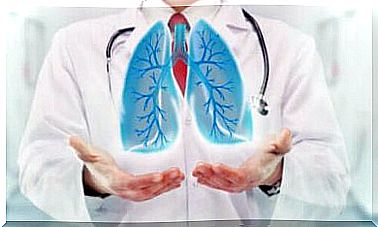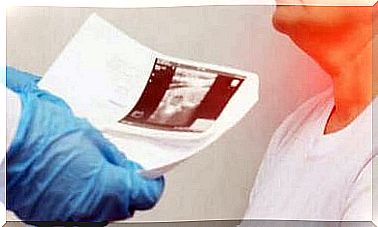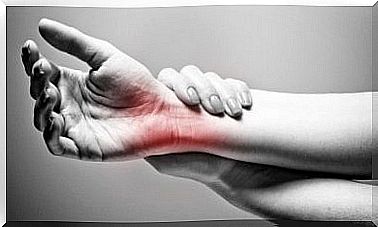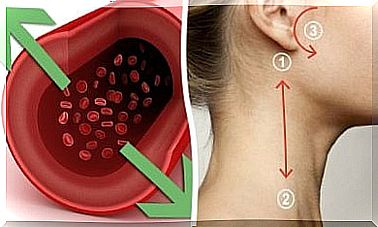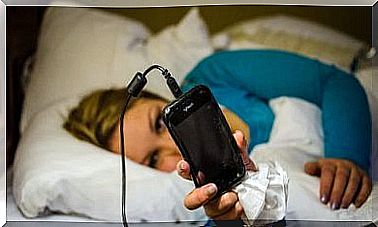Heart Attack; Symptoms In Women
Women are more likely to suffer from heart attacks. The problem is that too little attention is paid to the symptoms, even if they indicate a risk.
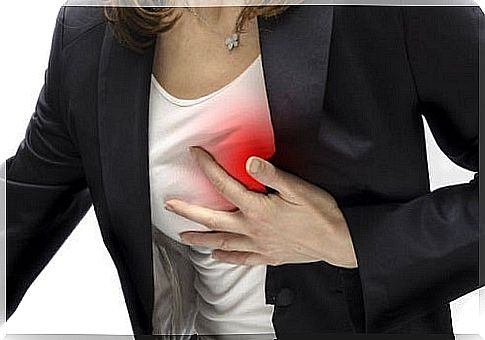
Heart muscle cells die in a heart attack. As a rule, it is due to the occlusion of a coronary artery. These are the vessels that supply the heart muscle with blood.
The heart muscle cells then die after two to four hours at the latest. The larger the closed vessel, the larger the infarct. This threatens our pumping organ and makes the heart attack a life-threatening event.
The risk of sudden cardiac death is also particularly high in a heart attack. In the event of a major infarction, the heart’s pumping capacity can also be so severely impaired that the circulation more or less collapses.
Therefore it is important not to lose any time even with the slightest suspicion of a heart attack and to call the emergency doctor immediately! Heart attacks are the leading cause of death, accounting for 47 percent of all deaths in Europe.
Since women often show very different symptoms than men, both should read this article carefully so that outside men can also correctly interpret symptoms and then save the life of the woman concerned with an emergency call!
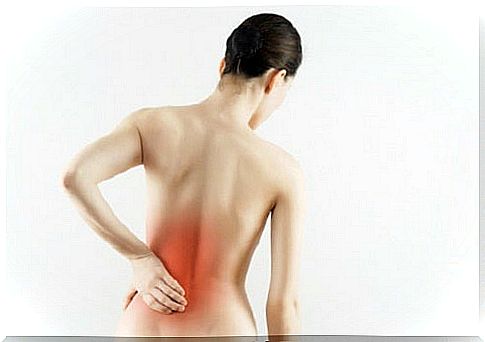
Strong pain
If severe pain occurs suddenly on the left side behind the breastbone, this is always an absolute emergency sign. The pain can radiate into the neck or into the back, the upper abdomen and the arms.
Most of the time, this pain lasts up to five minutes, after which it subsides. Even if the pain improves: please be sure to call the emergency doctor!
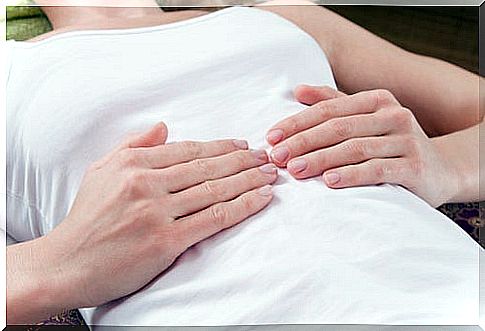
nausea
A typical symptom of a heart attack in women is nausea. Men do not show this symptom.
So if you or a woman around you who complains of nausea and abdominal pain, notice any of the other symptoms mentioned here, please call the emergency number immediately, because life is in danger!
Nausea does not always mean that a gastrointestinal infection or food poisoning is behind it!
Tightness
A heart attack often occurs with intense pressure or a very strong feeling of constriction or constriction in the heart or chest area. It can feel like an elephant is standing on your chest or someone has sat on your chest.
This is a very typical sign of a heart attack and also a fairly safe emergency signal for men to call the ambulance or to take the patient to the emergency room as quickly as possible!
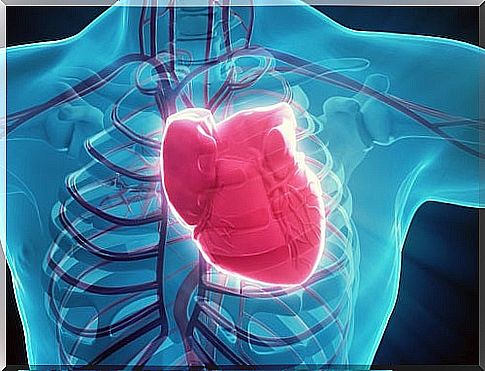
Fear and sweat
Women in particular tend to be very scared when they have a heart attack. This makes the skin pale and cold and cold sweats can occur. The combination of some of these symptoms can certainly lead you to a diagnosis of “heart attack”!
Shortness of breath
The tightness in the chest, the feeling that someone is sitting on you, is also often reflected in shortness of breath. Women especially show this symptom.
If the shortness of breath cannot be traced back to a specific event of physical exertion, one should always think of a possible heart attack!

Exhaustion / tiredness
If a woman is extremely exhausted and inexplicably tired for no reason, a heart attack should always be suspected.
Women tend to suffer more diffuse symptoms than men, which is why particular attention should be paid to such “mild” complaints.
If several such “ailments” occur together, a heart attack should definitely be ruled out by a medical examination: off to the emergency room!
Upset stomach – signs of a heart attack
This, too, is a very feminine side of a heart attack.
An upset stomach for no reason, a tummy tuck without having eaten “wrong” and the combination with other of the symptoms mentioned here such as nausea, shortness of breath, anxiety or sweat, tiredness and exhaustion are always alarm signs for a heart attack.
The patient should be taken to the hospital immediately to rule out a heart attack!
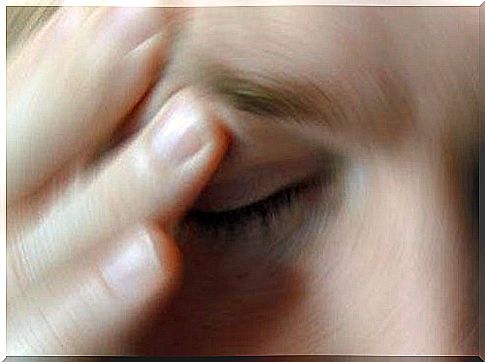
dizziness
Women often have low blood pressure and don’t take dizziness seriously. However, if dizziness occurs with some of the other symptoms mentioned above, a doctor should be consulted in order to clarify as quickly as possible whether it is not an undiscovered heart attack!
35% of all heart attacks go undetected in women . They are called “silent heart attacks”. Make sure that neither you nor your friends belong to it and learn to recognize the symptoms and to interpret them correctly in combination!
Share this article or tell your friends about it to spread the knowledge and protect against such “silent heart attacks”!
